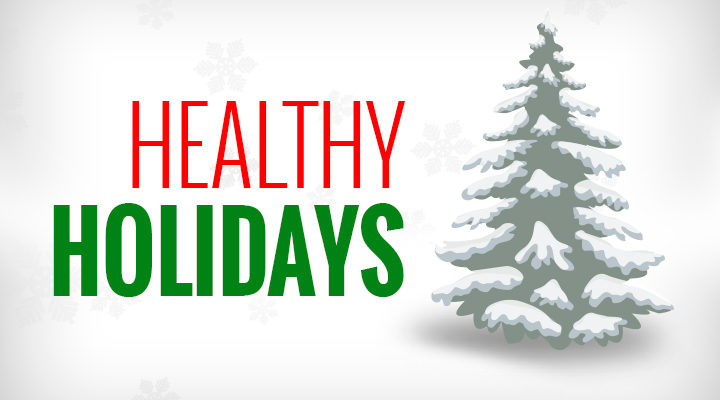|
Get a Daily Inspirational Message
How many people have found group texts, quick messages and funny memes a moment of light during these months of isolation? Gillian Anderson founded My Friend Abby following her daughter’s death by suicide. Now her group will send you a daily message to bring a little sunshine into your life. If you know someone living alone or struggling, this can bring a smile and sense of hope. Sign up here.
Dear Neighbors,
With the storm on its way, I wanted to first remind you to sign up for alerts by texting "FairfieldCT" to 888777 and following the prompts. You can click here to sign up. After you dig out tomorrow morning, please join the Fairfield delegation for an informative discussion about vaccines and what things are like for one of Fairfield’s own hospital doctors on the front lines. I hope you will join us via the Zoom or Facebook and share this information with others. See below for details. |

